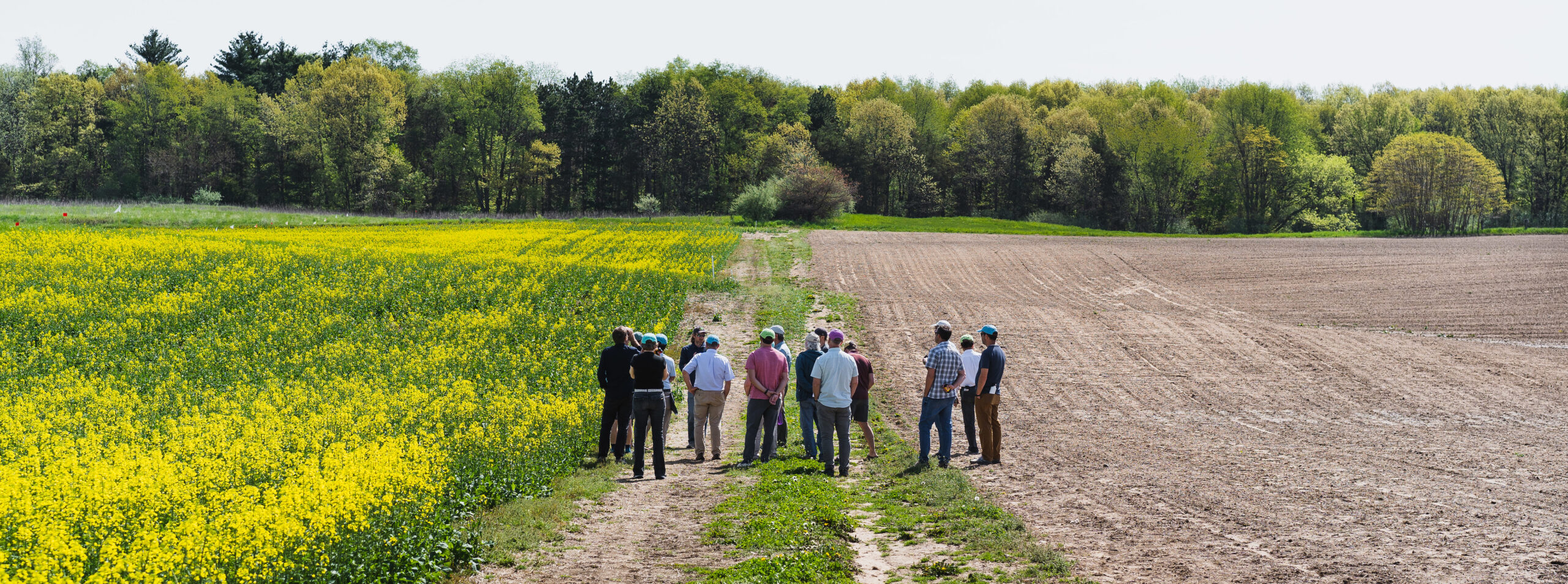
Credit: Gabriel De La Rosa, CC BY-SA 4.0

Twenty twenty-three: a year of self reflection and investment in our future. This year, the LTER took a hard look at our challenges and successes, our unique position in the world of ecology, and orchestrated a path towards a vibrant and collaborative future. And though our eyes were on the future, we continued to support our core programs: synthesis science, broadening participation in ecology, and providing training and professional development across the network.
Throughout the year, we listened to voices across the network, solicited feedback from trusted colleagues and independent observers, and continued to build on a strong relationship with the National Science Foundation to help chart our future. This momentum emerged from the LTER 40-Year Review and our All Scientists’ Meeting, both in late 2022, and reflected an opportunity to reorient our priorities in our LTER Network Office renewal solicitation, due in early 2024.
Two major themes emerged: deepening our focus on synthesis science, and strengthening our commitment to broadening participation in ecology. We made ambitious plans in our (just submitted) renewal and also made concrete progress on both of these fronts during the year.
In 2023, LTER synthesis groups met at NCEAS thirteen times—thirteen weeks of immersive discussion and in-person collaboration. Our Data Analysts provided groups with dedicated support and training and built tools such as the ltertools R package to facilitate better, more efficient analysis. We pioneered SPARC groups, a shorter and more flexible working group model, which expanded the reach of LTER synthesis to more ecosystems and a wider pool of researchers. Our working groups, past and present, published eight papers, presented findings at AGU and ESA, and continued to innovate using long-term data. We continued to push synthesis development through events such as our Science Council Meeting in the Spring, which centered on spatial scaling.
We focused our efforts around broadening participation in ecology. We hired our first-ever Inclusion and Access Coordinator,Molly Phillips, who joined the LNO this January and now provides dedicated full-time support to facilitate increased diversity, equity, and inclusion across the LTER network. We hosted four Field Futures trainings designed to prevent harassment and assault in fieldwork, training nearly 120 LTER community members. Ten LTER staff and faculty received Entering Mentoring facilitator training and are now developing an in-network mentoring training program. And, the APEAL project got up to speed. APEAL is a research-practice collaboration designed to understand and support the development of evidence-based public engagement with science (PES) strategies in STEM research organizations, using the LTER Network as a model.
We continued to provide trainings across our network beyond what is usually offered at sites and institutions. Right now, we’re gearing up for our second Visual Media Series webinar, where experts share how they convey science through graphics. A Federal Agency Career Forum for grad students explored careers outside of academia and a BioRender webinar taught dozens of researchers an easy to use graphic design tool.
Improving communication across our network remained a central focus this year. Our Community Platform on Discourse launched in August, designed to facilitate cross-site discussion and information sharing driven by the LTER community. We also designed the LTER Community Calls, a monthly space for discussion on a topic proposed by LTER community members. Our first Community Call, an orientation to the LTER Network, occurred this January.
In 2024, we bring the same commitment to the LTER community that we brought in 2023: a willingness to listen, a desire to innovate and grow, and a continued dedication to our core of synthesis, communication, facilitation, and broadening participation. We’re excited to see how the seeds we planted in 2023 continue to blossom in 2024.
The LTER Network Office









